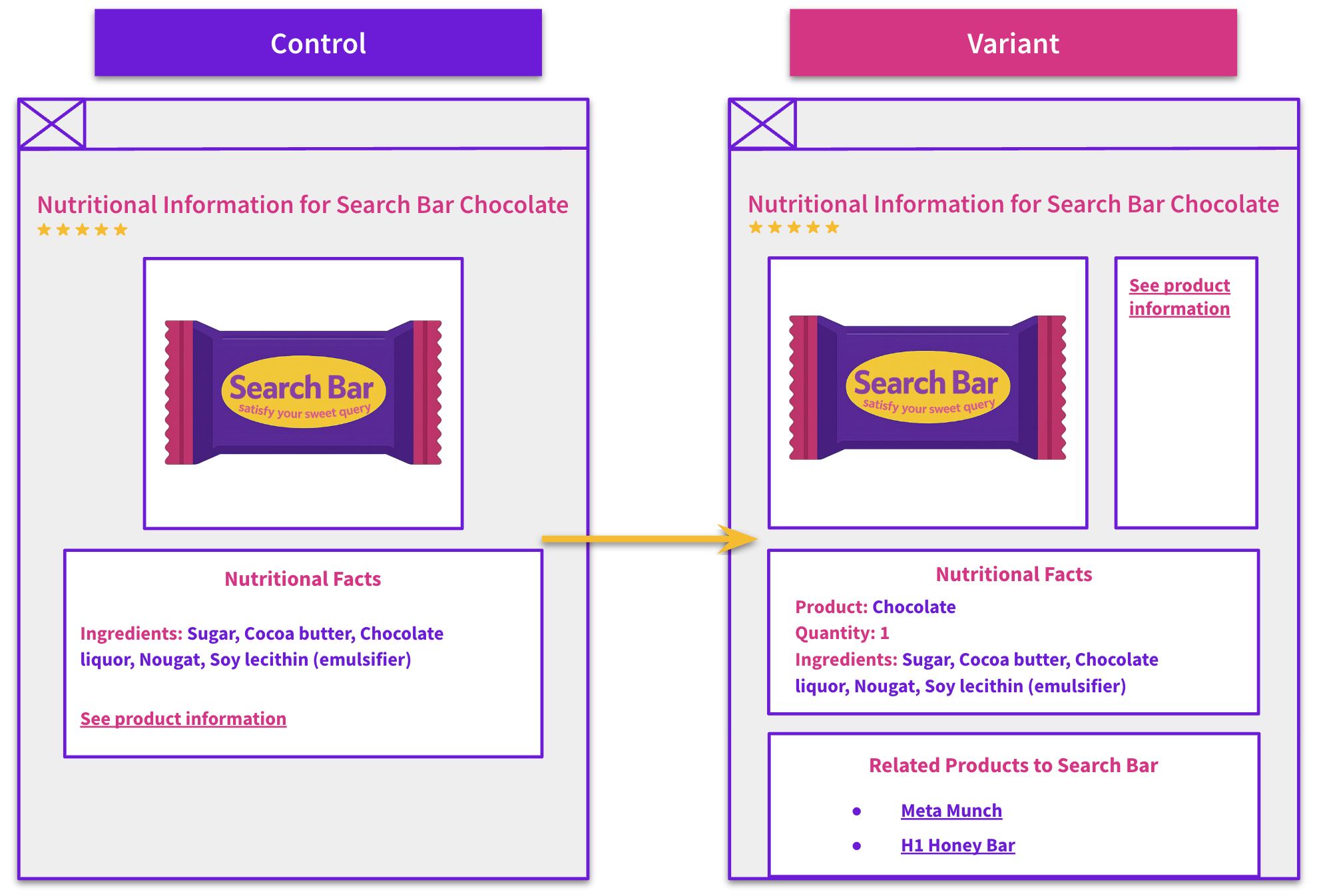Start here: how our SEO split tests work
If you aren't familiar with the fundamentals of how we run controlled SEO experiments that form the basis of all our case studies, then you might find it useful to start by reading the explanation at the end of this article before digesting the details of the case study below. If you'd like to get a new case study by email every two weeks, just enter your email address here.
In this weeks #SPQuiz, we asked our followers on LinkedIn and Twitter/X what impact they believe fully capitalized title tags would have on organic traffic.
Here is what they thought:
Poll Results
While 20% of our followers believe that using fully capitalized title tags could have a positive effect, the majority remain unsure. About 40% anticipate either a negative impact or no significant change at all.
The Case Study
In the past, we experimented with capitalizing specific keywords in titles, but this time, a customer from the travel industry was curious to see if fully capitalizing title tags on their listing pages could boost visibility in search results.
The hypothesis? That all-uppercase would be more noticeable in SERPs, especially for competitive hotel-related searches, which could lead to higher click-through rates and increased organic traffic.
Our findings indicated a strong positive influence on mobile traffic, while desktop traffic didn’t show significant changes.
So, what might have caused this result?
What was changed
We adjusted the title tags on our listing pages by rewriting them in all capital letters, hoping to make them more visible and boost click-through rates. During our testing period, we confirmed that the all-caps titles were showing up in search results.

Results:
A Mobile Boost, No Desktop Downside
| Desktop - Inconclusive Result | Mobile - Positive Result |

|

|
The test results brought a mix of insights that we can really learn from! While we found no statistically significant impact on overall traffic, there was an exciting 14% increase in organic traffic from mobile users. This tells us that our changes worked particularly well for folks searching on their smartphones. Capitalized titles may have attracted attention due to them becoming more noticeable, making them more prominent than competitors in search results and influencing users' search behavior in the SERP.
Since the impact on desktop did not significantly harm traffic, and produced a positive result for mobile, we recommended that our customer default to deploy this change to all the title tags on their listings pages.
The overall test results didn't provide a clear answer, even at the highest confidence levels. However, the positive impact on mobile hints that using capitalized titles could be a great strategy to enhance visibility in search. With mobile search becoming more crucial, this adjustment might help boost your business's organic traffic and engagement.
Have you ever wondered if using all caps in your title tags could boost your website's organic traffic? Well, it depends on several factors specific to your site, and the results can differ from one case to another. So, it might be a good idea to try it and see if you discover any positive effects!
To learn more about SEO testing at the enterprise-level, you can read more of our SEO case studies or get in touch with our team to find out if SEO testing is the right move for your website.
How our SEO split tests work
The most important thing to know is that our case studies are based on controlled experiments with control and variant pages:
- By detecting changes in performance of the variant pages compared to the control, we know that the measured effect was not caused by seasonality, sitewide changes, Google algorithm updates, competitor changes, or any other external impact.
- The statistical analysis compares the actual outcome to a forecast, and comes with a confidence interval so we know how certain we are the effect is real.
- We measure the impact on organic traffic in order to capture changes to rankings and/or changes to clickthrough rate (more here).
Read more about how SEO A/B testing works or get a demo of the SearchPilot platform.



